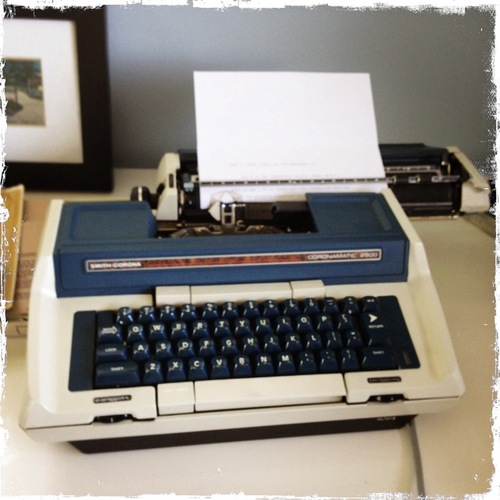There are many ways to start a story. Here are 7 great ones:
When you’re telling a friend a story, you rarely begin with, “I was born in such-and-such hospital in such-and-such city.” Rather, you jump forward to the exciting part, the middle of the action of your own life. “I was standing in front of the old movie theater on Amsterdam Avenue when…” The natural way of storytelling is to begin “in medias res,” or in the middle of the action.
You can begin with a character in a strange or tense situation (Gregor Samsa wakes up as a cockroach in “The Metamorphosis;” Mersault is on trial for murder in “The Stranger”).
You can begin with a line or two that describes the setting, then move on to who is in the setting, and why.
You can begin with a writing prompt that takes you somewhere totally unexpected. Get writing prompts here.
You can begin with an inciting action: a man on vacation jumps off a cliff into the cold water below, and as he is jumping we see a large rock jutting up from the surface of the water.
You can begin with a phrase, an image, a place, a memory, a character who demands to be heard.
You can begin by withholding information. A great example of an opening paragraph that sets up tension by withholding information is Shirley Jackson’s classic short story, “The Lottery.” It begins with a sentence about the setting, then moves on to describe the townspeople gathering for an event. In the happiness of the opening paragraph, it is clear that something is about to happen; that something turns out to be quite terrible and dramatic. Here’s the opening paragraph.
The people of the village began to gather in the square, between the post office and the bank, around ten o’clock; in some towns there were so many people that the lottery took two days and had to be started on June 2th. but in this village, where there were only about three hundred people, the whole lottery took less than two hours, so it could begin at ten o’clock in the morning and still be through in time to allow the villagers to get home for noon dinner.
A story can begin anywhere, but the most important thing about the beginning of a story is that it draw the reader in by introducing both character and conflict.
Do you want to learn how to write engaging short stories using the fundamental elements of narrative craft? Join my five-week course for beginning fiction writers, Master the Short Story: Fundamentals of Fiction Writing.
